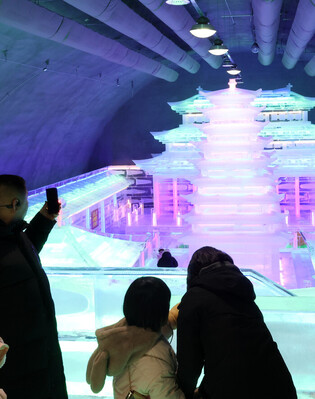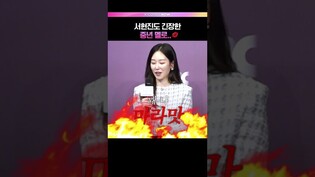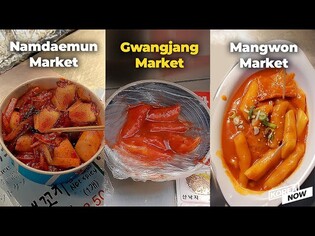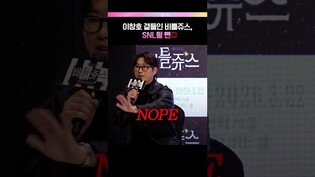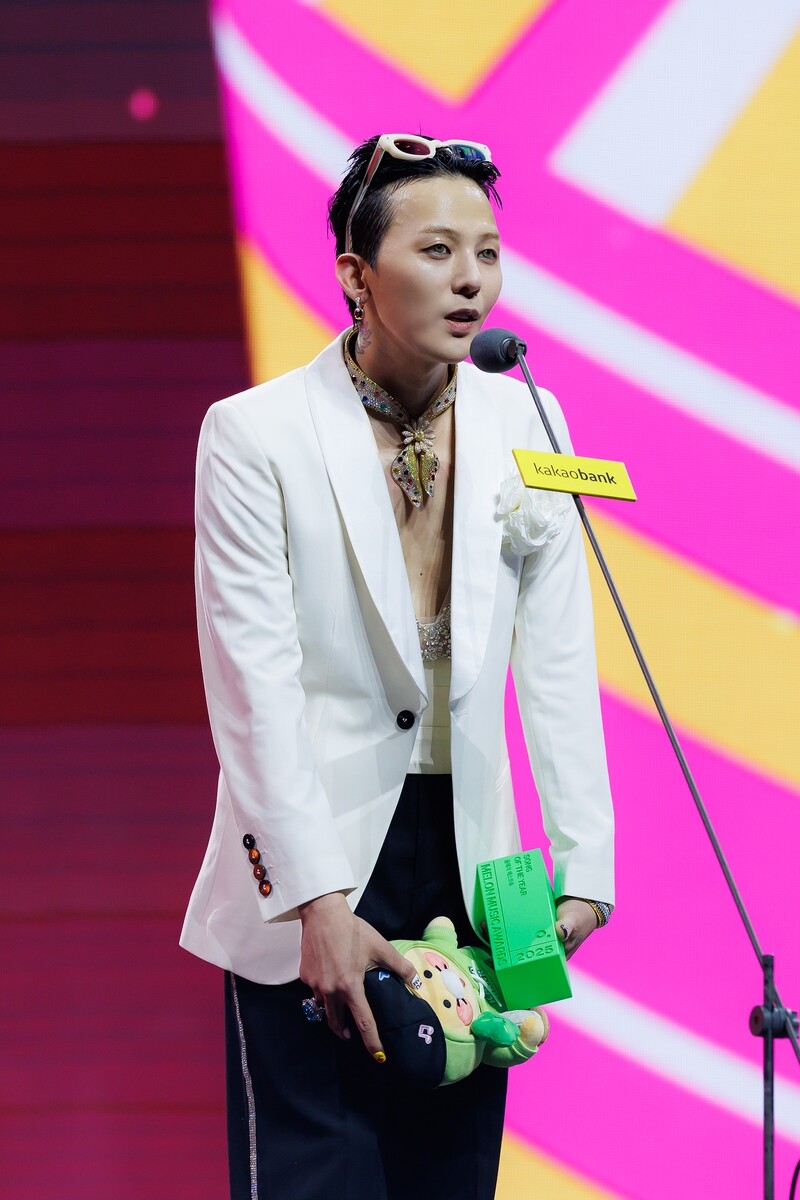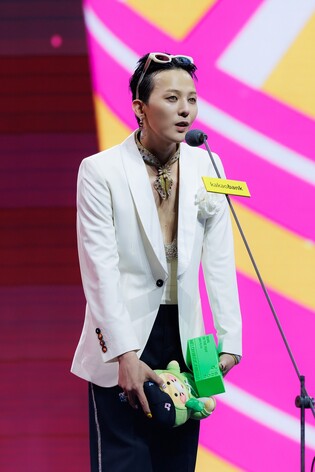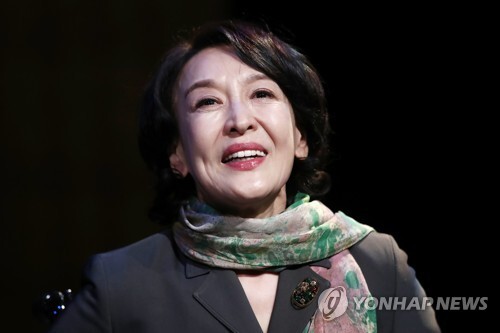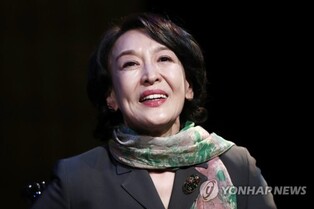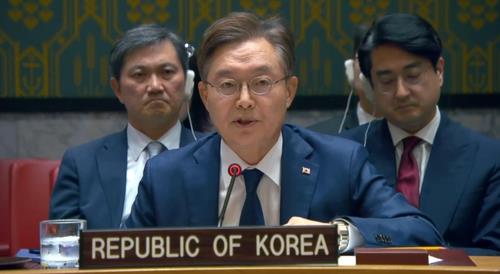 |
| ▲ South Korean Ambassador to the U.N. Hwang Joon-kook speaks during a U.N. Security Council session in this undated photo captured from U.N. Web TV. (PHOTO NOT FOR SALE) (Yonhap) |
Seoul envoy-NK ICBM launch
Seoul envoy decries N. Korea's recent ICBM launch in 'strongest possible' terms at UNSC meeting
By Song Sang-ho
WASHINGTON, Nov. 4 (Yonhap) -- South Korea's top envoy to the U.N. condemned North Korea's recent launch of an intercontinental ballistic missile (ICBM) "in the strongest possible terms" on Monday, saying Pyongyang's nuclear and missile program is a "textbook" case of what will happen when U.N. Security Council (UNSC) resolutions are not fully enforced.
Ambassador Hwang Joon-kook made the remarks during a UNSC meeting on the launch. Pyongyang has claimed to have successfully test-fired a new solid-fuel Hwasong-19 ICBM on Thursday.
"The Republic of Korea condemns it in the strongest possible terms," Hwang said. "With its new solid-fuel ICBM, the so-called Hwasong-19, the DPRK broke the record of its previous ICBM launches in terms of flight time, 86 minutes, and its apogee about 7,700 kilometers."
DPRK stands for the North's official name, the Democratic People's Republic of Korea.
He stressed that the ICBM launch raises a "fundamental" question of "how an impoverished pariah regime continued to develop such diverse ballistic missile programs despite the rigorous sanctions regime."
"The answer is that there must be large loopholes enabling the DPRK access to the equipment, materials and technology necessary to advance its WMD program," he said, referring to the North's weapons of mass destruction program.
"Some may point out that the DPRK nuclear and ballistic missile program is an exemplary case of the Security Council's failure. However, it is indeed a textbook case, which demonstrates what the world will face when member states do not fully implement Security Council resolutions."
Hwang also pointed out that in January, South Korea proposed updating the list of prohibited items related to the Nuclear Suppliers Group and the Missile Technology Control Regime to curb the North's WMD program, but the update did not happen due to opposition from "two governments."
He did not name the two governments, but appeared to have been referring to Russia and China, the two veto-wielding powers at the Security Council.
(END)
(C) Yonhap News Agency. All Rights Reserved

















